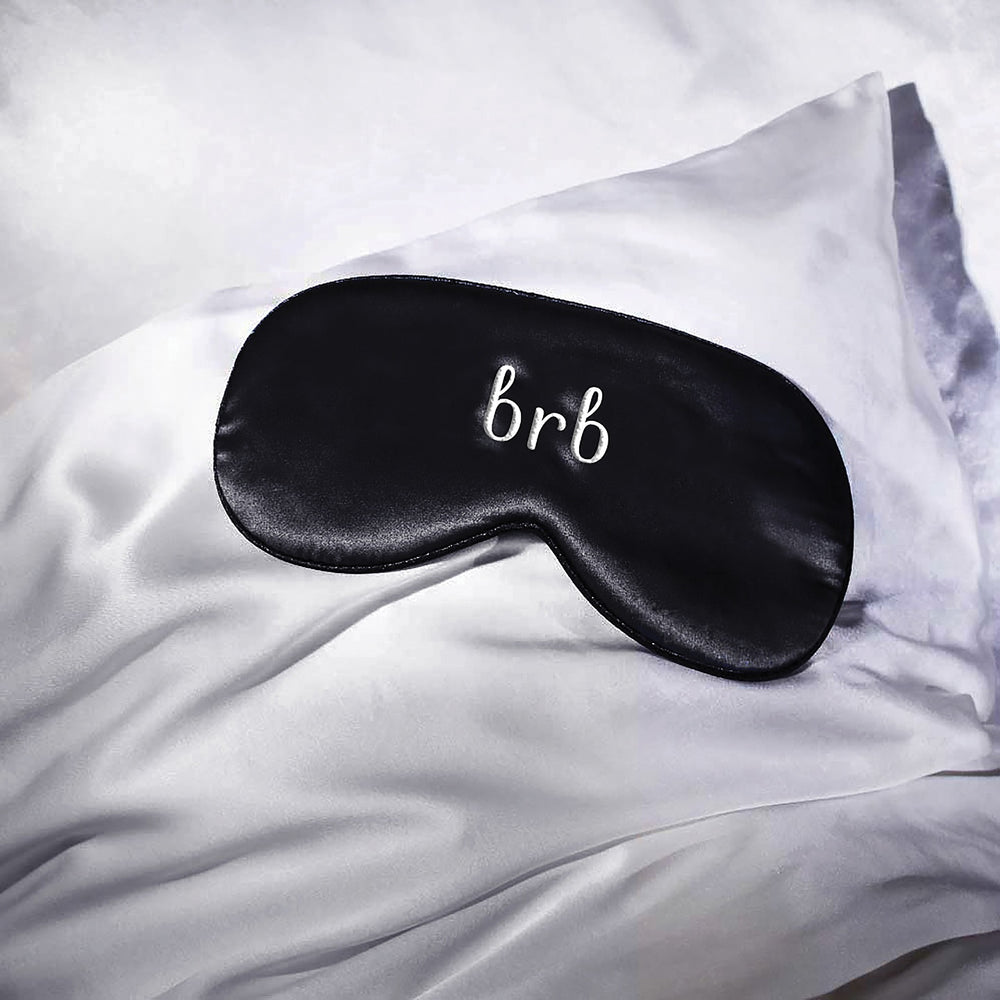Moonlit Skincare®

In recent years we have nurtured Moonlit Skincare from the beginning, witnessing our progress with the support of many who have followed our journey. Today, we are announcing a temporary break. Rather than goodbye, think of it as a "be right back", as we eagerly work on our return, refreshed and enhanced.
During this period, we will be focusing on innovation, sustainability, and enhancing our offerings to better serve our cherished community. We believe that taking this time to reflect and refine will allow us to come back stronger, and more aligned with our mission to provide high-quality skincare and sleep solutions.
We are deeply thankful for the support and love from each of you! Your feedback and encouragement have been priceless, and we are excited to unveil the new developments to you.
Stay connected with us on Instagram for any updates and potential sneak peaks of what's ahead. Until then, take care, sleep well, and we thank you for being part of our journey so far!
💜 Moonlit Skincare
If you have any questions or concerns please email us at hello@moonlitskincare.com.